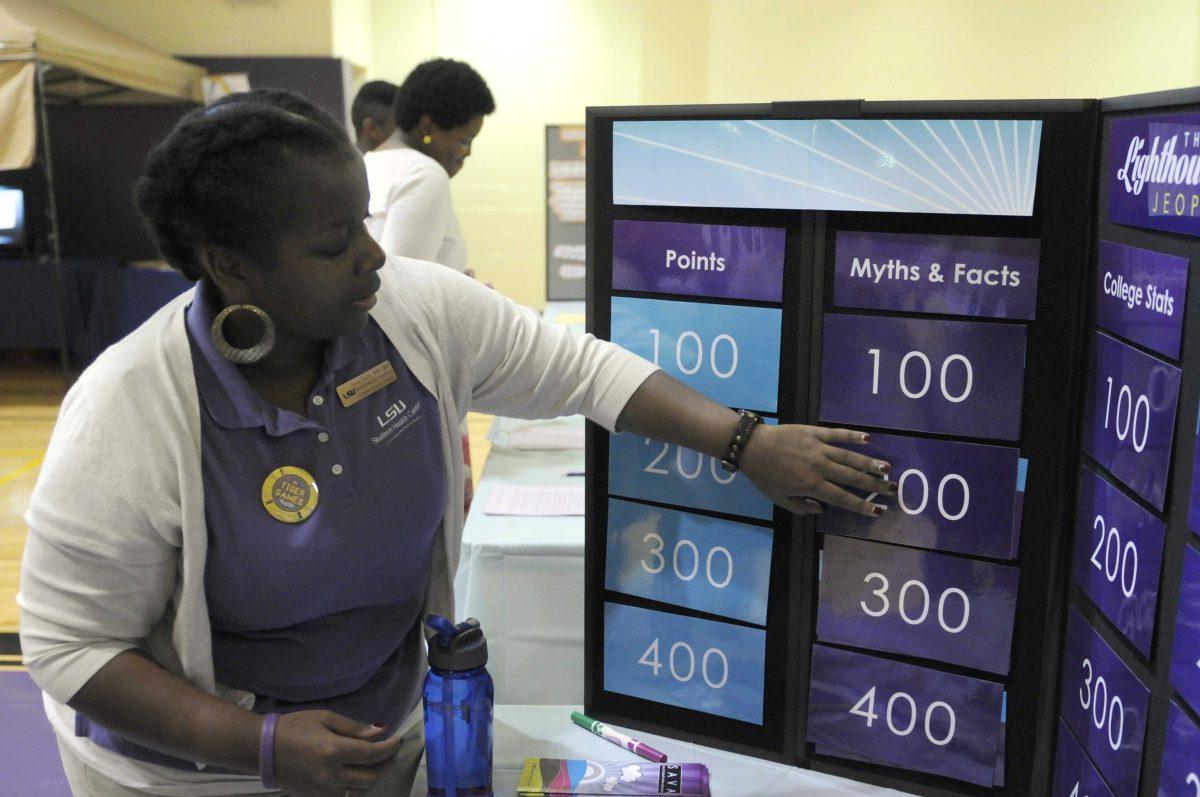During the semester, the University created more programs that focused on sexual assault and consent.
While there has been an increase in programs on campus that address consent and sexual assault, the University does not have a problem with sexual violence more than any other, said Student Health Center Promotions Coordinator Sierra Fowler.
The increase in programs is to help keep student informed, said Fowler. The hope is that teaching students about consent will lead to less sexual assault.
“Can I Kiss You?” and “1000 No’s and 1 Yes” were held during the semester to teach students how to ask consent.
Both programs encouraged students to participate and have an open conversation about what is consent and how to communicate with their partners.
The programs are needed because no one teaches about sexual assault, consent or coercion, and no one should have to figure it out by themselves, said communication studies sophomore Peyton Cacioppo.
The programs presented students with different scenarios they could find themselves in and taught them how to handle each situation, even if it meant things could get awkward.
The University also participated in activities to help commemorate National Domestic Violence Awareness Month in October.
The LSU Women’s Center hosted Rape, Abuse and Incest National Network Day and Take Back the Night, along with the Student Health Center and other organizations, to help bring awareness to sexual violence.
RAINN Day was brought to the campus for the first time on Oct. 1, after the RAINN organization reached out to the University, said Women’s Center Director Summer Steib.
Organizations on campus and the surrounding area set up tables outside of the LSU Women’s Center and handed out information about the service they provided for those affected by sexual violence.
Also, during the Month of October, the University held its annual Take Back the Night candlelight vigil and March to remember the victims of domestic and sexual violence.
Sexual assault is an issue in our community and all around the world, and the first step in changing that is to talk about it and give people the skills to have conversations with their partner, said STAR Director of Education and Outreach Rebecca Marchiafava.
Also, to bring more awareness to sexual assault and better provide aid to affected students, the University’s Sexual Assault Victim Advocates program was rebranded.
The Student Health Center rebranded the program to The Lighthouse Program to remove the word victim from the title Fowler said.
The word victim is no longer part of the name because most people who have been affect by sexual assault like to be identified as a survivor, said Sexual Assault Nurse Examiner and The Lighthouse Program Coordinator Mendy Escudier.
The name change also helps reflect all of the services the program offers, Escudier said.
The Lighthouse Program not only provides help to students that have been sexually assaulted, but also to those who are facing problems with interpersonal relationships, domestic violence and dating violence, Escudier said.
University continues sexual assault prevention, education
December 9, 2013
Health Promotion Coordinator Sierra Fowler discusses the Sexual Assault Victim’s Advocacy Program (SAVA) on Tuesday, Sept. 24, 2013 at the Tiger Games in the LSU UREC.








